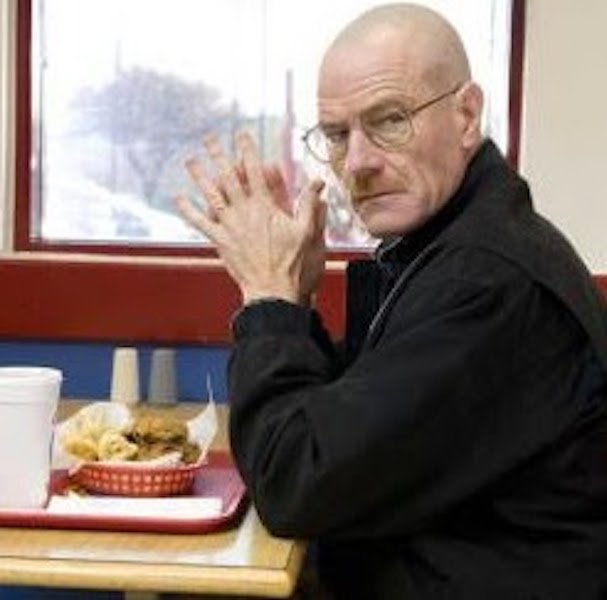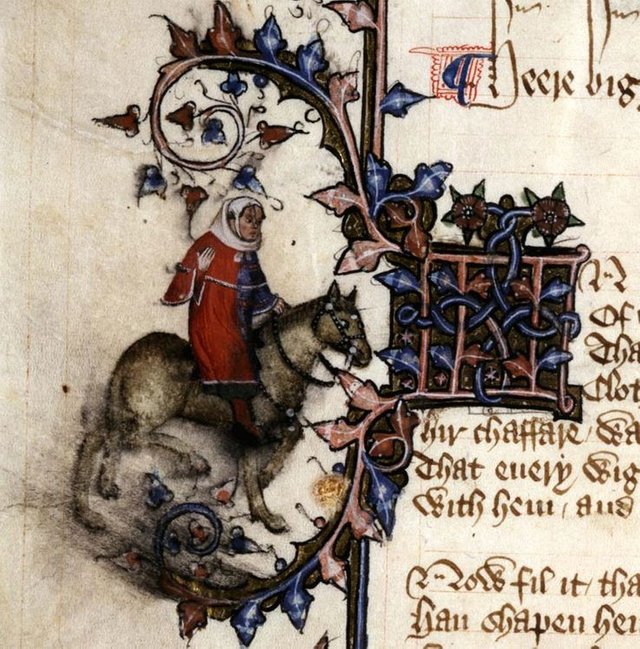The Narcissist ...always right, means never wrong

Leonard Brice was always right which was another way of saying he was never wrong. This fact irritated his colleagues, annoyed his wife and angered his friends—No, wait, make that alienated his friends.
An unfortunate incident at lunch that very afternoon resulted in the fact that, Leonard Brice, Professor Emeritus and Doctor of Medieval Studies, now had no friends.
Frederick Hassam, the last holdout in Leonard’s dwindling circle of friends, had finally had enough. He confronted Leonard while at lunch in the university-dining hall. Everyone stopped eating to stare at them.
“Thomas Hardy did not say, character is fate,” Frederick stormed (a very undignified behavior for a Professor of Literature) “it was Novalis.”
“Are you very certain of that, Professor Hassam?” Leonard peered over his glasses in that patronizing way that drove women mad and men crazy.
“Of course, I’m certain—what do you take me for—an idiot?”
Leonard considered the possibility while nibbling on a wedge of Melba toast.

Alfred Burbage hesitated and then cleared his throat before venturing, “Actually, to tell the truth, Frederick, Hardy did make the statement in The Mayor of Casterbridge—so, technically, Leonard is right.”
This pronouncement came as a sentence of death. The room went very still.
With great restraint, Professor Hassam, or Freddie, as the girls at the Follies called him, rose to his feet, trembling with rage and managed a polite, “Good day, gentlemen,” before storming out of the hall.
“I do hope I didn’t offend him,” Leonard said to the others at the table. Professor Wilcox’s jaw was working, but he refrained from commenting.
Leonard decided to work late that evening. He telephoned Beatrice and told her not to wait dinner and he’d be home around ten. She sounded more relieved than disappointed.
“Oh, by the way, Leonard, that archeologist—Toller Franz called asking if you had determined a date for that artifact.”
“That dolt—I told him I would notify him when I completed my assessment.’
Another nuisance to dispose of, Leonard grimaced. This Franz character was convinced he had found a lost work of Chaucer’s—The Tale of Chanticleer. How absurd.

Although he was ninety percent certain the text was just another medieval forgery, he still felt compelled to do a proper analysis to verify his suspicions.
He had sent a fragment of the scroll to be carbon dated and requested the ink be analyzed as well. Possessing an original autograph by Chaucer would be well nigh impossible—but still, until he received the test results, he could not rule anything out.
Sitting down at his desk, he rifled through his inbox in search of the envelope containing the test results. He found it and tore it open. His blood froze.
The date was compatible with Middle English authorship and the ink had been assigned a similar time period as well.
He was wrong. For the first time in his career, the first time in his entire professional life, Professor Brice was wrong.
He read and reread the paper to no avail—it was irrefragable proof—he was wrong.
He could see the smug expressions of his colleagues, particularly Frederick Hassam’s exotic features, wreathed in smiles of beatific joy. The Master had fallen.
He was fallible at last—accountable like the rest of them—smelling of mortality…and flesh.
Leonard Brice knew it could not be. In that instant, he took his life in his hands, deciding to become master of his fate—captain of his soul.
He placed the manuscript and the paper bearing the lab results on his worktable and toppled an amber glass container. He watched as the watery liquid spread across the desk, sizzling and smoking and consuming the documents in the blink of an eye.

An unfortunate accident had occurred, he’d explain later—a vial of caustic soda used to clean implements had spilled and written artifacts had been destroyed.
Since he alone requested the results, there’d be no record of the lab findings and no way to ascertain the worth of the documents.
He sat back in his chair and smiled. It was over. His weakness, finally uncovered, would remain undiscovered by the world at large. He phoned Beatrice.
“Frederick Hassam is dead,” she whispered.
“Dead—how?”
“Committed suicide this afternoon—jumped off the Rosedale Valley Bridge.”
“How unfortunate.”
“Yes,” she agreed.
“Well, do try and get some sleep. Did you refrigerate my dinner? I had an awful lunch and I’m famished tonight.”

good work. I enjoyed this...always like a university atmosphere and a dollop of campus drama :)
This post has been ranked within the top 50 most undervalued posts in the first half of Feb 19. We estimate that this post is undervalued by $4.43 as compared to a scenario in which every voter had an equal say.
See the full rankings and details in The Daily Tribune: Feb 19 - Part I. You can also read about some of our methodology, data analysis and technical details in our initial post.
If you are the author and would prefer not to receive these comments, simply reply "Stop" to this comment.
thank you, @screenname - your encouragement is greatly appreciated by this newbie :)
This was a great follow-up to your earlier work. Very well written, and the ending was so fitting. I see you've managed to get a thumbs up from johnjgeddes, so that's good. He's a very picky reader, so that speaks volumes about the quality of your work. Keep on churning out these gems, and I have no doubt that you'll eventually shine here :D
I had no idea...thank you, and thanks for the encouragement!
Sure thing.